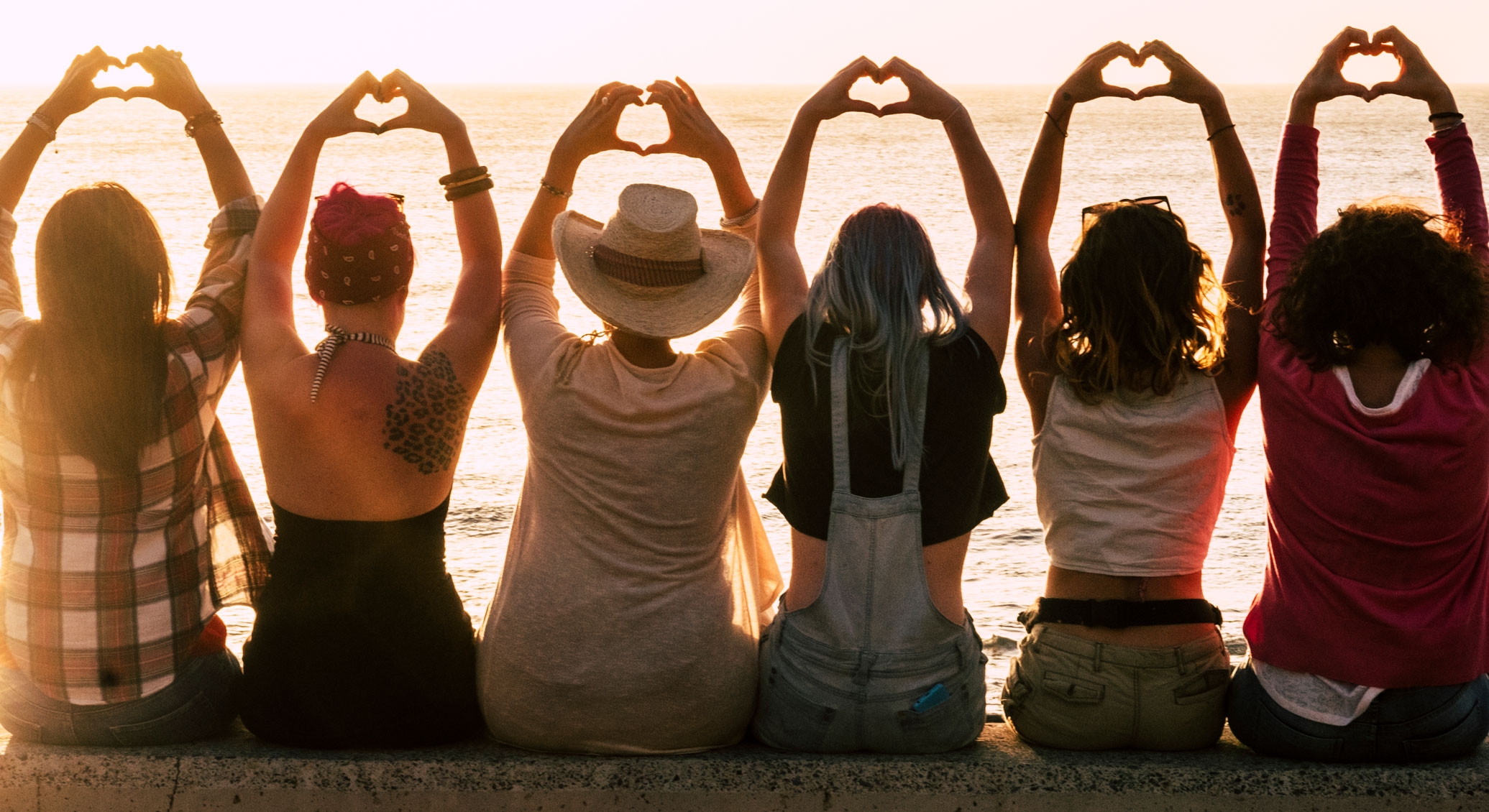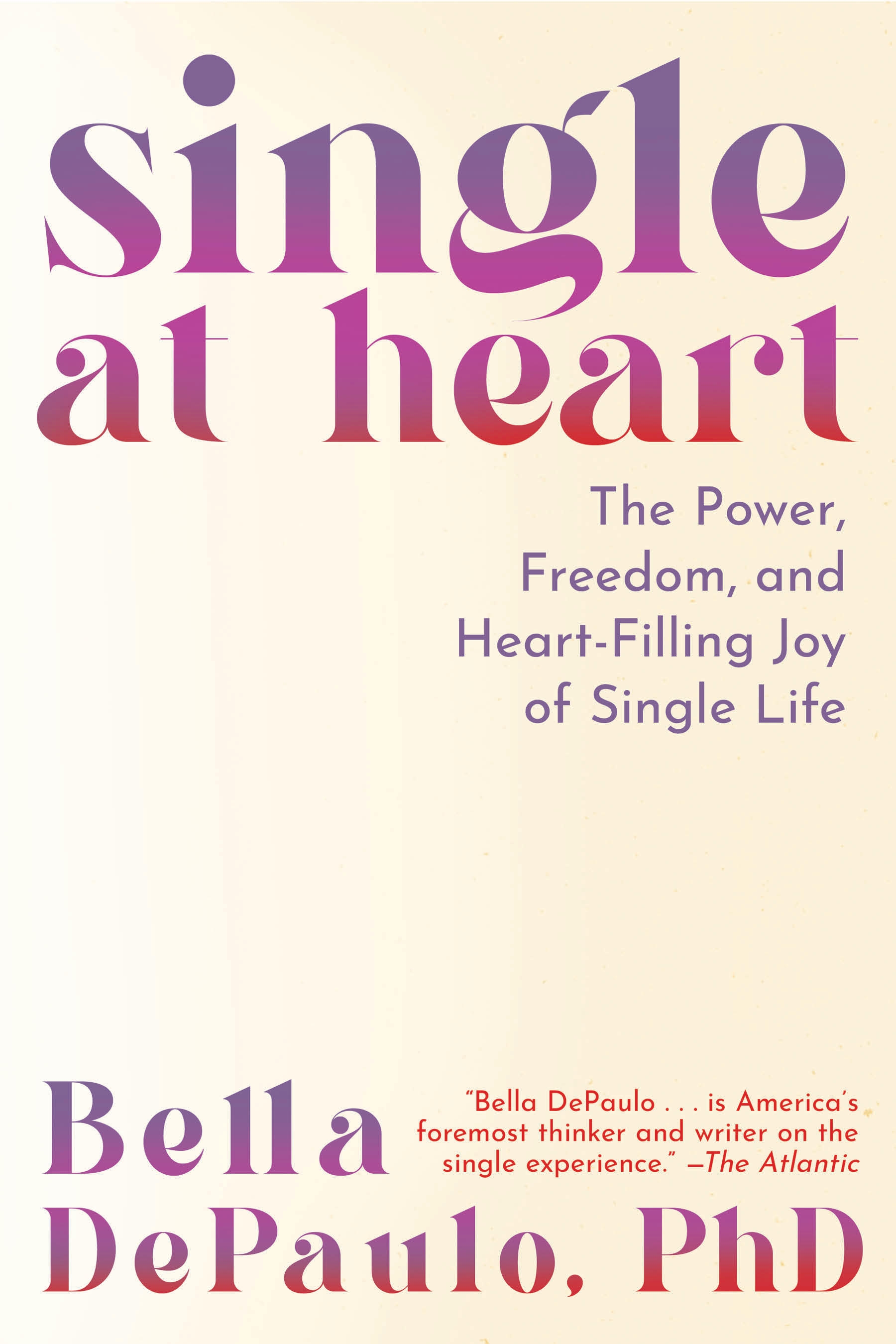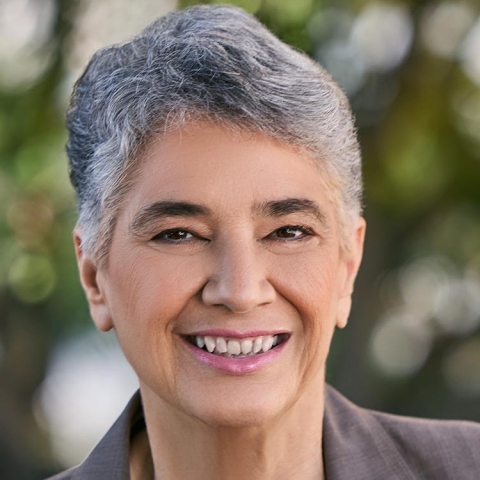
She’s 70 and has lived alone her entire adult life.
But when she told the world that this was by choice — and that she was happy and fulfilled — the response was overwhelming. Her personal story, and more than three decades of research on single people around the world, had struck a chord.
“I’ve written lots and lots of things, both academic and more popular, and nothing has gotten the reaction of that essay,” said social scientist Bella DePaulo, a foremost scholar on single life and academic affiliate of the Department of Psychological & Brain Sciences at UC Santa Barbara. Her article published in HuffPost ahead of the release of her new book “Single at Heart: The Power, Freedom, and Heart-Filling Joy of Single Life” (Apollo, 2023) garnered a firestorm of responses. More than a hundred people wrote her personal emails describing how they had never felt so validated. The impact of her research is also seen in the 1.7 million views of her 2017 TedX talk, where she debunked the idea that marriage leads to happiness.
DePaulo describes herself as “single at heart,” a term she coined to challenge the notion that single life is something people settle for. Rather, she has shown through her research that for the single at heart, “being unpartnered is key to their most joyful, fulfilling, authentic and psychologically rich life.”
Using survey data from more than 20,000 people from over 100 countries, and drawing from research by other social scientists, DePaulo shows that contrary to conventional wisdom, those who embrace single life grow happier over time and are better situated to navigate old age than those who built their lives around romantic relationships.
“The research shatters the stereotype that single people are all sad and lonely and that as they get older, they get even more lonely, sad and isolated,” she said. “For people who love being single, who are embracing single life and investing in it, there are all sorts of rewards.”
One critical advantage to embracing single life she noted is that the single at heart have the freedom to travel and live how and where they want. They also typically experience stronger friendships that have been prioritized over the years, report lower rates of loneliness at all ages, and more often commit to their communities and causes. Intimacy as well may look different for single people because they define it on their own terms and embrace concepts of love that encompass more than just romantic relationships.
People who want to be single, DePaulo emphasized, will often invest in their friends and the people who mean a lot to them. “They end up having what I call ‘the ones’ instead of ‘the one,’” she said.
DePaulo points to research that shows that on average when couples move in together and when they marry, they become more insular. They become more focused on each other and they see their friends and family less often. “People who are coupled, especially in committed couples or marriages, are really focused on each other, and that may seem romantic, and it can be,” she added.
“But they are also losing out on bigger, broader notions of love, intimacy and family. People who are single at heart understand that love encompasses far more than just romantic love. They understand that intimacy can include sexual intimacy, but it also includes emotional intimacy. They understand that family can be the people we typically think of as family, but it also can include the people we choose to treat as family, the people who are most meaningful to us.

“I think of it not as a lesser life or a more limiting life, but a more expansive life.”
There is, however, one element of being single that DePaulo decries: the stigma around it, the strong social pressure against it and the tax privileges denied to it. Part of her project extends beyond research and into social change as calls into question these social inequities and exclusions. As she tries to move the dial on perceptions and protections for single people, she sees it as part of the same movement as feminism, gay marriage and LGBTQ rights.
“It’s part of this bigger project of people getting to be who they really are and live their best, most fulfilling lives,” she added.
Debra Herrick
Associate Editorial Director
(805) 893-2191
debraherrick@ucsb.edu




